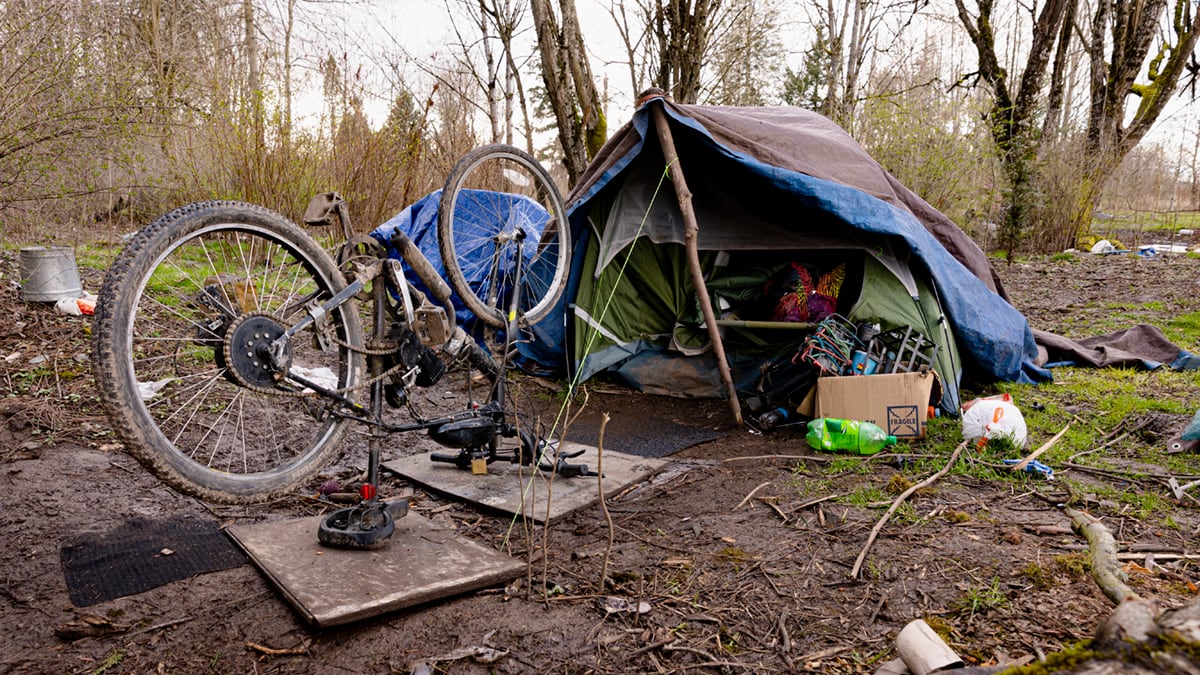People for Portland, the group pressuring officials to act with more urgency on homelessness, sued Metro, saying the regional government wrongly dismissed an initiative aimed at redirecting millions of dollars for homeless services and compelling cities to enforce anti-camping laws.
People for Portland has filed two similar initiatives with Metro in the past month. Metro lawyers rejected both on the grounds that they violated the Oregon Constitution’s requirements on citizen initiatives. Both sought administrative changes, not legislative ones, Metro said, and neither contained the full text of Metro statutes that would be changed if the initiatives passed.
The suit was filed by Kimberely Dixon, chief petitioner for the second People for Portland initiative. In a memorandum supporting the suit, Dixon says the second petition satisfies the constitution’s “full text” requirement and does indeed seek a legislative change .
“The Initiative proposes new legislation, not administrative action,” Dixon says in her suit. “It does not propose to require that Metro make specified administrative decisions within its existing legal framework, but instead proposes to change the laws that govern those decisions. That is the very definition of legislation.”
A spokesman for Metro declined to comment on the matter.
People for Portland’s initiatives seek to redirect money from a three-county tax passed by voters in 2020 that is expected to raise about $250 million a year for homeless services. The measure would require the three counties receiving those tax dollars to dedicate at least 75% of the revenue to emergency shelters until the supply of shelter beds meets demand in each county.
It would also require cities to enforce their own anti-camping ordinances to be eligible for long-term funding, force an annual audit of all spending, and seek to prevent conflicts of interest on the oversight board.
Critics of the initiatives say they would criminalize homelessness by forcing people to go into shelters or face arrest for violating camping laws.

